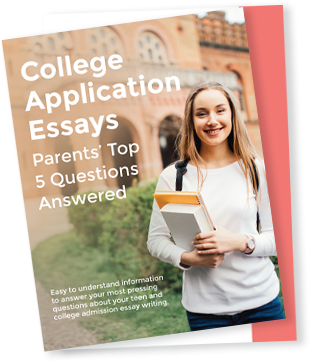Why is critical thinking important for my child? Critical thinking skills translate to reading comprehension which can directly boost SAT scores for the reading section as well as in-class English assessments. Furthermore, developing intentional thinking will help your child evaluate situations through multiple perspectives to gain more insight into topics and create multiple, solid, topics for the common app-essay.
What Creates an Inquisitive Mind? How can students overcome the difficult barrier of precise and critical thinking?
1) How Questions…
2) Why Questions…
4) What Questions…
Why are some kids more naturally curious than others? How can you help your child develop natural skills that lead to critical thinking?
Gently but consistently ask your child “how” or “what” questions after he/she tells you something.
- For example, your son says, “Mom, I thought camp was totally boring today and I hate it.” Instead of lashing back and relying on a quick comment like, “Well, make new friends,” ask your complaining child, “How did people start bothering you?” “Why do you think your friend is ignoring you?”
- For example, your daughter happily reports that she is finished reading a book. You ask her what she thought of the book and she quickly snaps back, “I liked it.” Press on and ask your daughter, “What are three qualities you liked about the main character?” You could also ask, “How did that character change or grow from the beginning of the story through the end.” Keep a neutral but positive disposition as your child looks at you as if you are a teacher from Mars, and keep up with such questions.
These steps may seem simple, but gently questioning your child further and encouraging them to think beyond the clear meaning will translate to his or her test scores, essay development, and reading comprehension.







